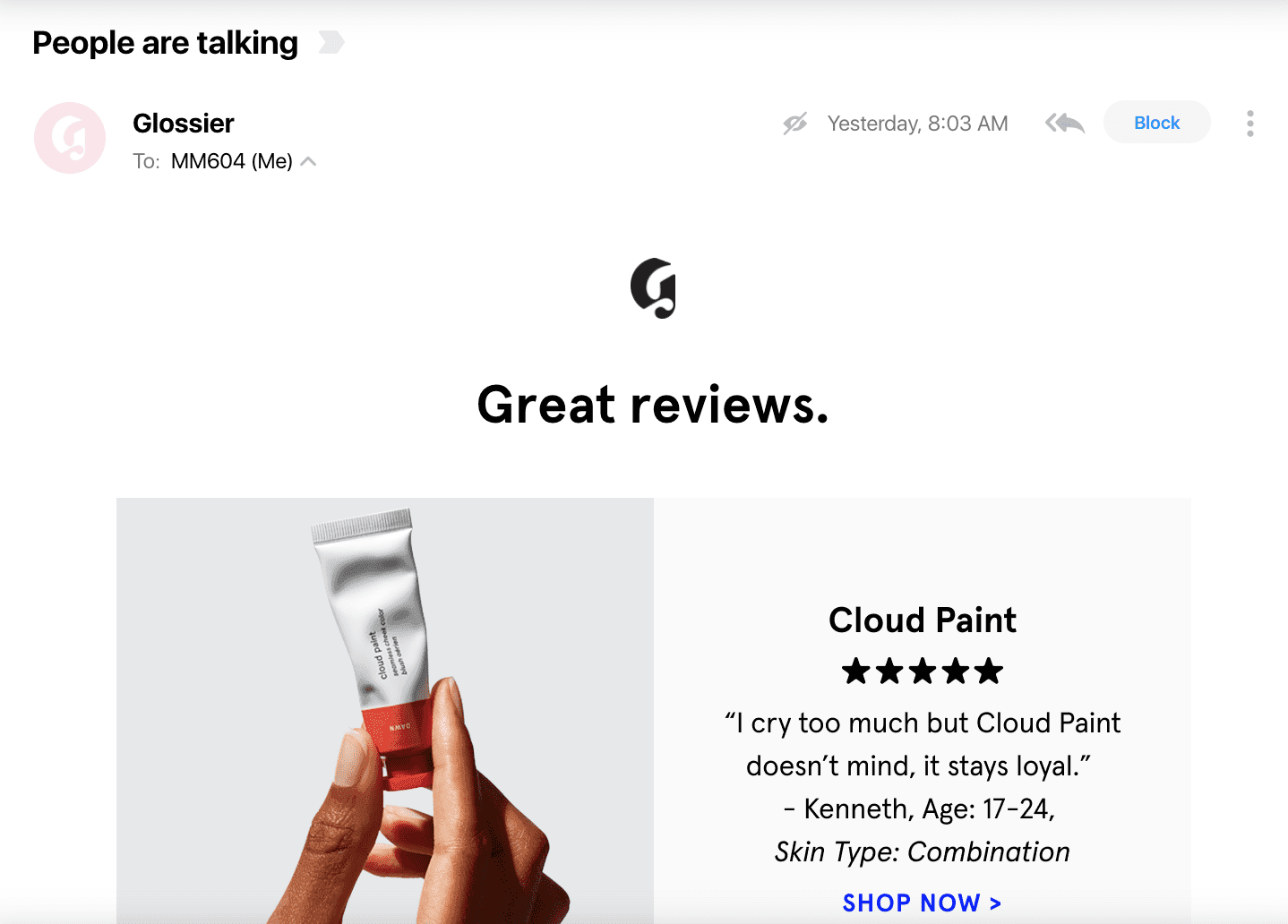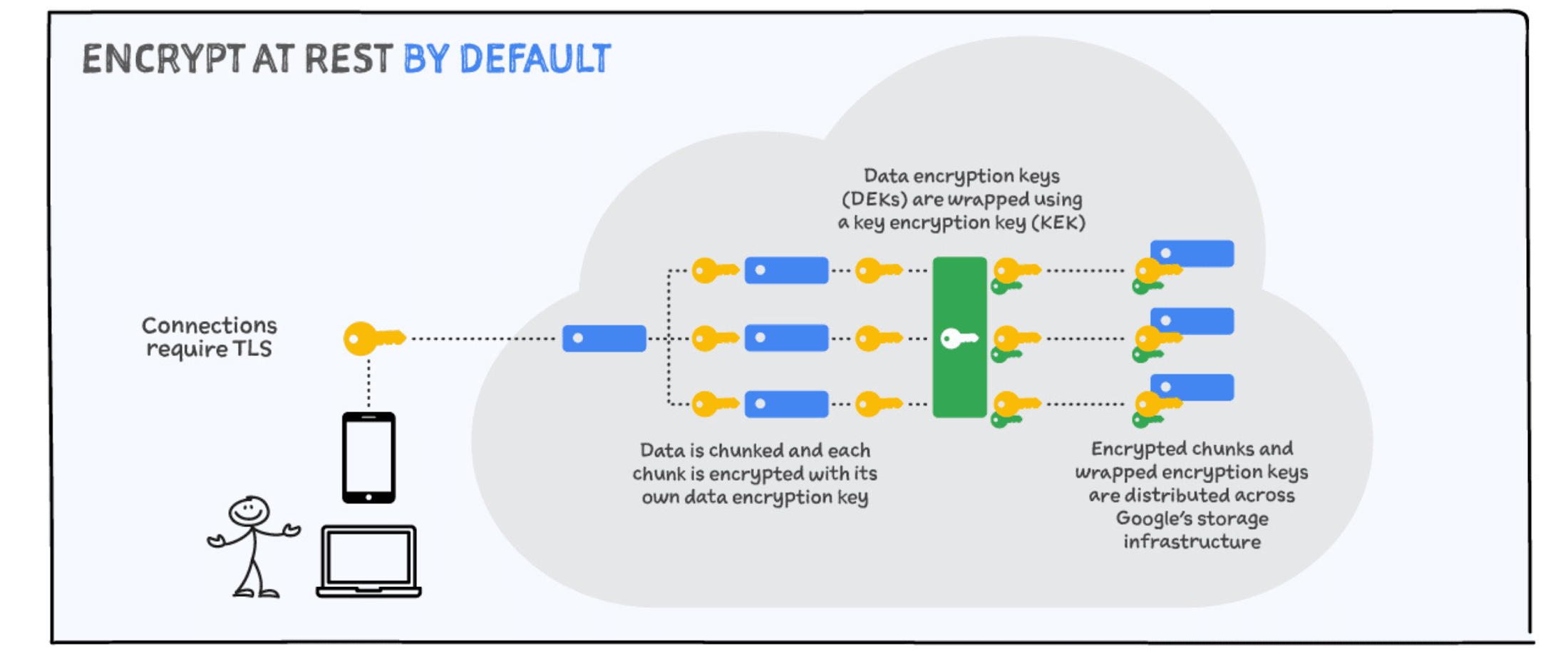In the complex, ever-evolving landscape of modern business, trust is the bedrock upon which successful brands are built. Trust is not just a bonus; it’s a necessity, an essential ingredient that can make or break a brand. In 2024, as consumers become more discerning and informed, gaining their trust has become more challenging yet crucial. This article delves into the secrets behind how successful brands build trust, offering actionable insights and strategies to help your brand achieve the same.
Authentic Storytelling
The Power of a Genuine Narrative
At the heart of every successful brand is a compelling story. Authentic storytelling isn’t just about crafting a catchy tagline; it’s about creating a narrative that resonates deeply with your audience. This narrative should reflect your brand’s values, mission, and vision in a way that feels genuine and relatable.
Consider the story of Patagonia, a brand that has built immense trust through its unwavering commitment to environmental sustainability. By consistently aligning its actions with its story, Patagonia has fostered a loyal customer base that believes in the brand’s mission.
Pro Tip: Use your brand’s history, challenges, and triumphs to weave a narrative that showcases authenticity. This transparency can foster a deeper connection with your audience.

Consistent and Clear Communication
Building Trust Through Transparency
Consistency in communication builds credibility. Brands that communicate clearly and consistently across all channels are more likely to earn the trust of their audience. This means maintaining a uniform tone, message, and visual style on your website, social media, emails, and other platforms.
Take a cue from Apple—a brand that excels in consistent communication. Apple’s messaging, whether in product announcements or customer support, always reflects its core values of innovation, simplicity, and quality.
Pro Tip: Develop a comprehensive brand guide that outlines your messaging strategy, including tone of voice, key messages, and visual elements.

Delivering on Promises
The Backbone of Reliability
Nothing erodes trust faster than unmet expectations. Successful brands are those that deliver on their promises consistently. This reliability fosters a sense of security among consumers, making them more likely to return and recommend the brand to others.
Amazon, for example, has built its reputation on reliable delivery times and excellent customer service. By consistently meeting or exceeding customer expectations, Amazon has cemented itself as a trustworthy brand.
Pro Tip: Ensure that your marketing messages accurately reflect what your brand can deliver. Over-promising and under-delivering can damage your credibility irreparably.

Engaging with Your Community
Building Trust Through Interaction
Engagement is more than just interacting with customers; it’s about building a community around your brand. Successful brands actively engage with their audience through social media, forums, and events, showing that they value customer feedback and are committed to addressing their needs.
Brands like Starbucks have mastered the art of community engagement. Through initiatives like “My Starbucks Idea,” the brand has created a platform for customers to share ideas, fostering a sense of ownership and trust.
Pro Tip: Create opportunities for meaningful engagement by encouraging user-generated content, hosting interactive events, and responding promptly to customer inquiries.

Showcasing Social Proof
Leveraging Customer Advocacy
Social proof is a powerful tool in building trust. Potential customers are more likely to trust a brand if they see positive reviews, testimonials, and endorsements from other customers.
Brands like Glossier leverage social proof by showcasing customer testimonials and user-generated content on their website and social media platforms. This not only builds trust but also encourages new customers to try the products.
Pro Tip: Encourage satisfied customers to leave reviews and share their experiences. Highlight these testimonials prominently on your website and marketing materials.

Providing Value Beyond Products
Educating and Empowering Consumers
Brands that go beyond just selling products and focus on providing value through education and empowerment are more likely to build lasting trust.
This can be achieved through informative blog posts, how-to guides, webinars, and other educational content.
For instance, HubSpot offers a wealth of resources, including blogs, e-books, and courses, to help businesses improve their marketing strategies. By providing valuable content, HubSpot has positioned itself as a trusted authority in the industry.
Pro Tip: Invest in creating high-quality, educational content that addresses the pain points and interests of your audience. This positions your brand as a valuable resource.

Embracing Corporate Social Responsibility (CSR)
Aligning Actions with Values
Corporate Social Responsibility (CSR) is more than just a buzzword; it’s a critical component of building trust. Brands that actively contribute to social and environmental causes demonstrate their commitment to making a positive impact.
Ben & Jerry’s is a prime example of a brand that integrates CSR into its core values. From supporting fair trade practices to advocating for climate justice, Ben & Jerry’s actions align with its brand ethos, earning the trust and respect of its customers.
Pro Tip: Identify social or environmental issues that resonate with your brand values and take actionable steps to address them. Communicate these efforts transparently to your audience.

Ensuring Data Privacy and Security
Protecting Consumer Information
In an age where data breaches are becoming increasingly common, protecting consumer information is paramount. Brands that prioritize data privacy and security build a foundation of trust with their customers.
Google has implemented robust security measures and transparent data policies to protect user information. By prioritizing data security, Google has maintained its reputation as a trustworthy brand.
Pro Tip: Implement strong data protection policies and communicate them clearly to your customers. Regularly update your security measures to stay ahead of potential threats.

Demonstrating Expertise and Authority
Establishing Your Brand as a Leader
Establishing your brand as an industry leader involves demonstrating expertise and authority. This can be achieved through thought leadership content, speaking engagements, and industry collaborations.
Brands like IBM have built trust by consistently showcasing their expertise through research, white papers, and keynote presentations at industry events.
Pro Tip: Share your knowledge and insights through various channels, such as blogs, webinars, and conferences. Collaborate with industry experts to enhance your credibility.

Being Accountable and Transparent
Owning Mistakes and Learning from Them
Even the most successful brands make mistakes. What sets them apart is their willingness to own up to these mistakes, learn from them, and communicate transparently with their audience.
For example, when Johnson & Johnson faced the Tylenol crisis in the 1980s, the company’s transparent and proactive response helped rebuild trust with consumers.
Pro Tip: Foster a culture of accountability within your organization. When mistakes happen, address them openly and outline the steps you’re taking to rectify the situation.

Conclusion
Building trust is not a one-time effort; it’s an ongoing process that requires consistency, transparency, and genuine engagement. By following the secrets revealed in this article, your brand can foster lasting relationships with customers, creating a loyal and trusting customer base.
